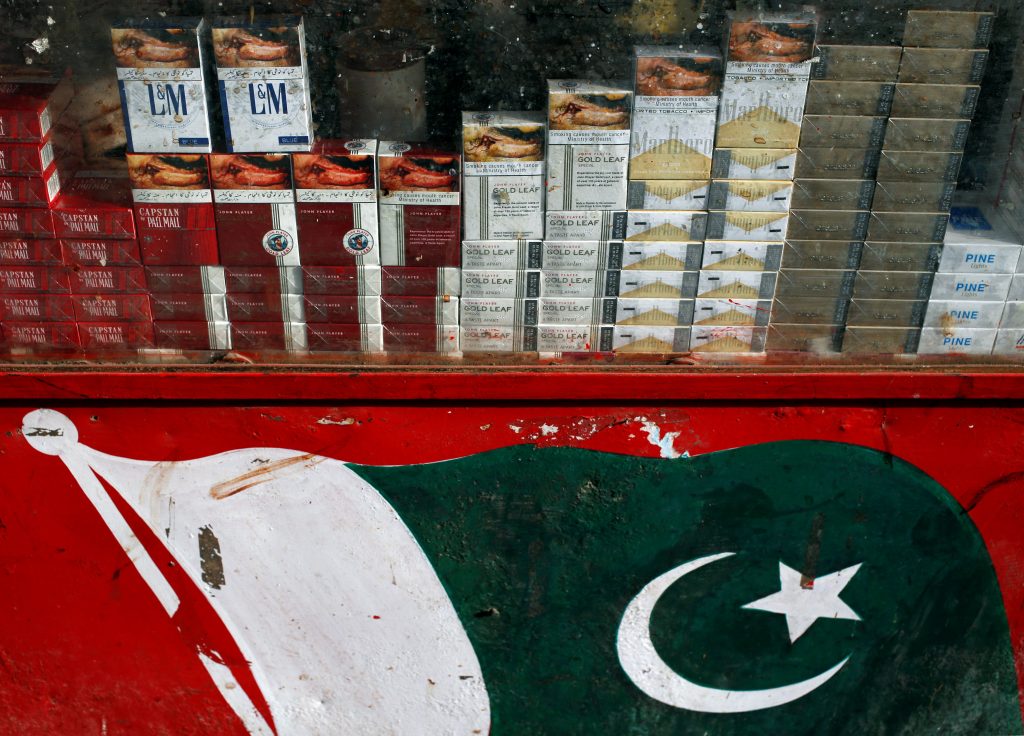In a landmark public health initiative, the World Health Organization (WHO), Pakistan’s Ministry of National Health Services, and several national and international partners have launched a collaborative campaign to combat the devastating health and economic consequences of tobacco use in Pakistan.
🚭 A Growing Public Health Threat
Tobacco consumption remains one of the leading preventable causes of death and disease in Pakistan. With nearly 24 million tobacco users nationwide, the country faces rising cases of heart disease, cancer, and respiratory conditions all directly linked to smoking and smokeless tobacco.
💸 Economic Impact of Tobacco in Pakistan
Beyond the health crisis, tobacco use is a major economic burden. Pakistan loses billions annually due to healthcare costs, lost productivity, and premature deaths caused by tobacco-related illnesses. The financial strain on the national health system is unsustainable and continues to grow each year.
🛑 Government and WHO Strategy to Reduce Tobacco Use
To reverse this crisis, the Ministry of Health and WHO are implementing a robust national strategy that includes:
- Increasing tobacco taxation to reduce affordability, especially among youth.
- Expanding smoke-free zones in public spaces, transportation, and workplaces.
- Strengthening tobacco advertising bans across digital and traditional media.
- Introducing graphic health warnings on cigarette packaging to raise awareness.
- Launching nationwide awareness campaigns targeting rural and urban populations alike.
👥 Multi-Sector Collaboration
This anti-tobacco campaign involves government stakeholders, non-governmental organizations, youth activists, and public health experts working together to change behaviors and save lives. Community engagement is central to ensuring long-term impact and compliance.
📈 Targeting Tobacco by 2025
Pakistan’s national goal is to significantly reduce tobacco use by 2025, in line with global commitments under the WHO Framework Convention on Tobacco Control (FCTC). These reforms are designed to protect current and future generations from the harmful effects of tobacco.
✅ Protecting Health and Economy
Reducing tobacco use is not just a health priority it’s an economic imperative. By cutting down on smoking, Pakistan can save lives, reduce the national disease burden, improve workplace productivity, and reallocate critical resources to other healthcare priorities.



Comments (0)
No comments yet. Be the first to comment!
Leave a Comment